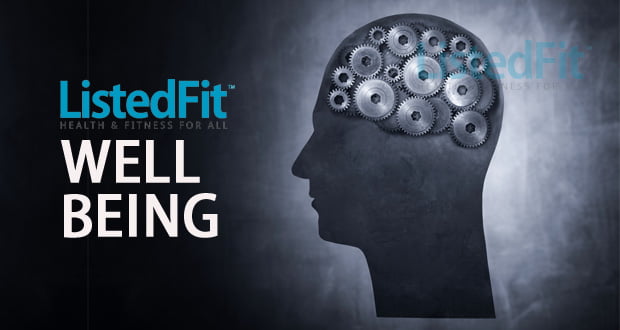What Is Cognitive Behavioural Therapy?

ListedFit is reader-supported. When you buy through links on our site, we may earn a small commission.

The human brain is a complex and wonderful place, to say the least. It can make our lives positive or negative all on its own, or with help from a slew of external forces.
There are many different treatments for issues of the mind, one of which is known as cognitive behavioural therapy.
What Is Cognitive Behavioural Therapy?
What Is It?
Cognitive behavioural therapy is also known as CBT, is a psychological treatment that is based on proven theories and concepts. The main premise behind the treatment is that a person’s thoughts about a particular situation can affect his or her feelings, both emotional and physical, and his actions.
When evidence-based treatment such as CBT is used, the likelihood of an issue being solved is much higher. It also helps prevent the issue from being drawn out and dwelled on unnecessarily. The chance of a relapse to the negative thoughts and behaviour is also lower.
What Problems Will It Help?
Cognitive behavioural therapy works well for a whole host of problems, including:
- Anxiety
- Depression
- Eating disorders
- Chronic pain
- Anger issues
- Self-esteem issues
- Addiction issues
In many different cases, cognitive behavioural therapy has been proven more effective at managing depression and anxiety than pharmaceutical treatments. People also tend to stay better with this form of treatment once the symptoms subside.
What Is Psychoeducation?
Often, the first step of the CBT process is called psychoeducation. This refers to learning more about your specific problem and different strategies people have used to overcome it in the past. Many times, just learning more information about what is happening to you is enough to trigger a healing response. With most psychological issues, patients learn that what they are experiencing is not dangerous or life-threatening, and that’s often enough to make them feel better.
Other Important Factors
Some of the other important factors that are included in standard cognitive behavioural therapy are as follows:
- Practicing exercises to help you relax your muscles.
- Slowing down breathing to help put your mind at ease.
- Identifying negative thoughts and replacing them with more balanced thinking.
- Paying close attention to your self-talk, or the way you talk and interact with yourself.
- Identifying those thoughts that make you feel bad.
- Stopping the negative thoughts in their tracks.
With continued practice and a highly trained therapist, most people can overcome their negative psychological issues without having to resort to drugs at all.
Author
Latest entries
 FitnessAugust 19, 2023Yohimbe vs Yohimbine: A Quick Comparison Guide
FitnessAugust 19, 2023Yohimbe vs Yohimbine: A Quick Comparison Guide AshwagandhaJune 16, 2023Is Ashwagandha Good for Working Out? Key Benefits Explored
AshwagandhaJune 16, 2023Is Ashwagandha Good for Working Out? Key Benefits Explored Sports HeadphonesMay 25, 2023Why Your EarBuds Keep Falling Out – Quick and Easy Solutions
Sports HeadphonesMay 25, 2023Why Your EarBuds Keep Falling Out – Quick and Easy Solutions Nike ShoesMay 12, 2023Do Nikes Run Big or Small? Decoding the Perfect Fit
Nike ShoesMay 12, 2023Do Nikes Run Big or Small? Decoding the Perfect Fit
Affiliates:
This post may contain affiliate links that at no additional cost to you, the site may earn a small commission. We only recommend products we would use ourselves and all opinions expressed on this site are our own.
General Advice:
The information provided in this article is for general informational purposes only. It is not intended as a substitute for professional advice. Always consult with a qualified healthcare professional before starting any new diet, exercise program, or making changes to your health routine.
Accuracy Advice:
While we strive to provide up-to-date and accurate information, the content in this article may not reflect the most current research or medical guidelines. We encourage readers to do further research and consult with professionals for more personalized advice.
Our Recommendations:
The products and services mentioned in any of our articles are recommended based on our independent research and personal experience. We are not sponsored by any company. We aim to suggest products and services we believe are of high quality and could be beneficial to our readers.






